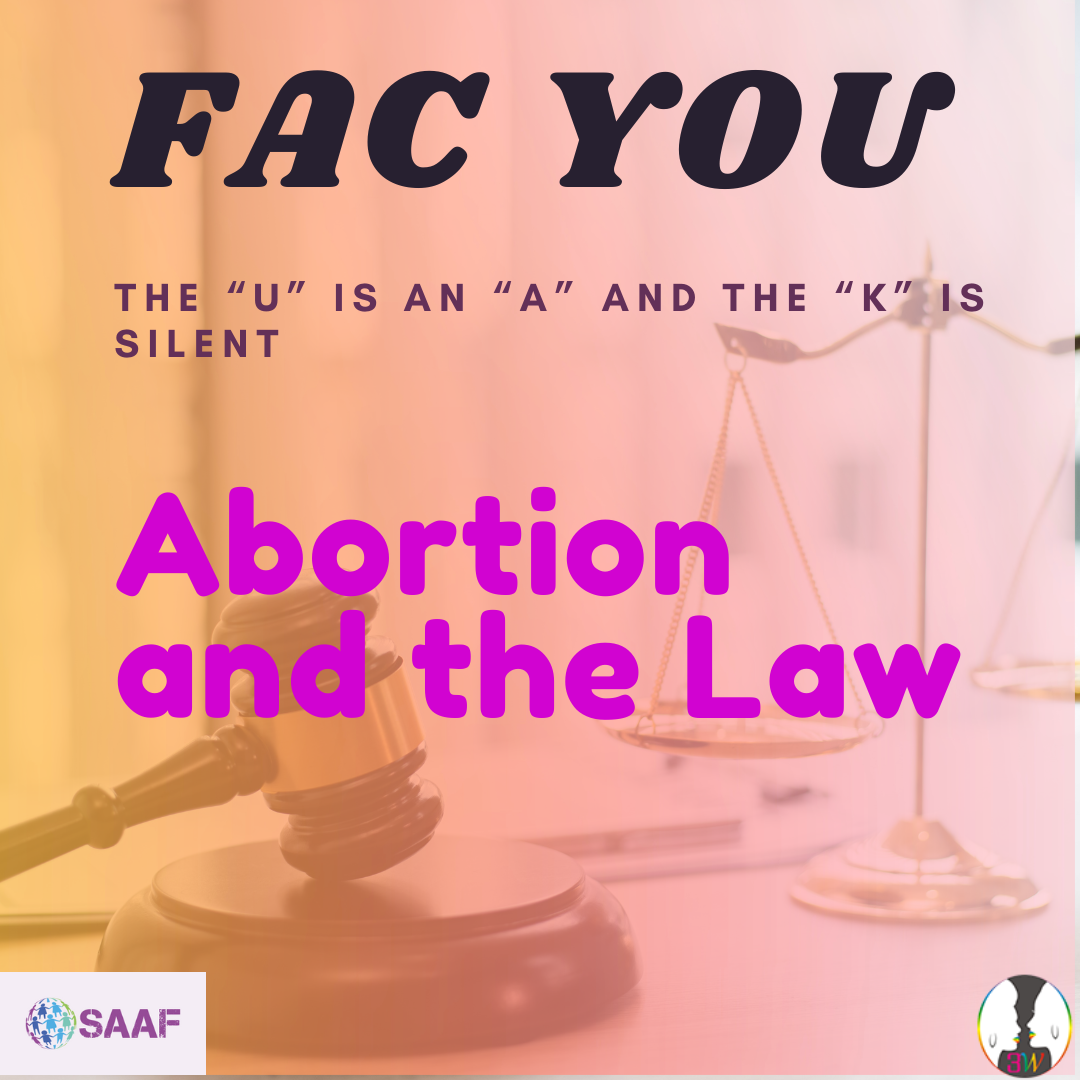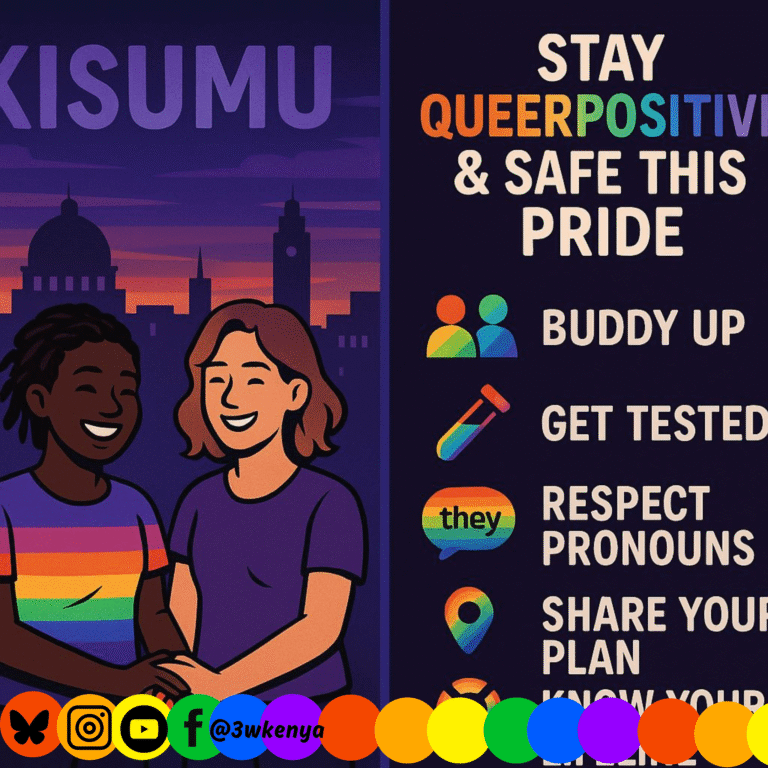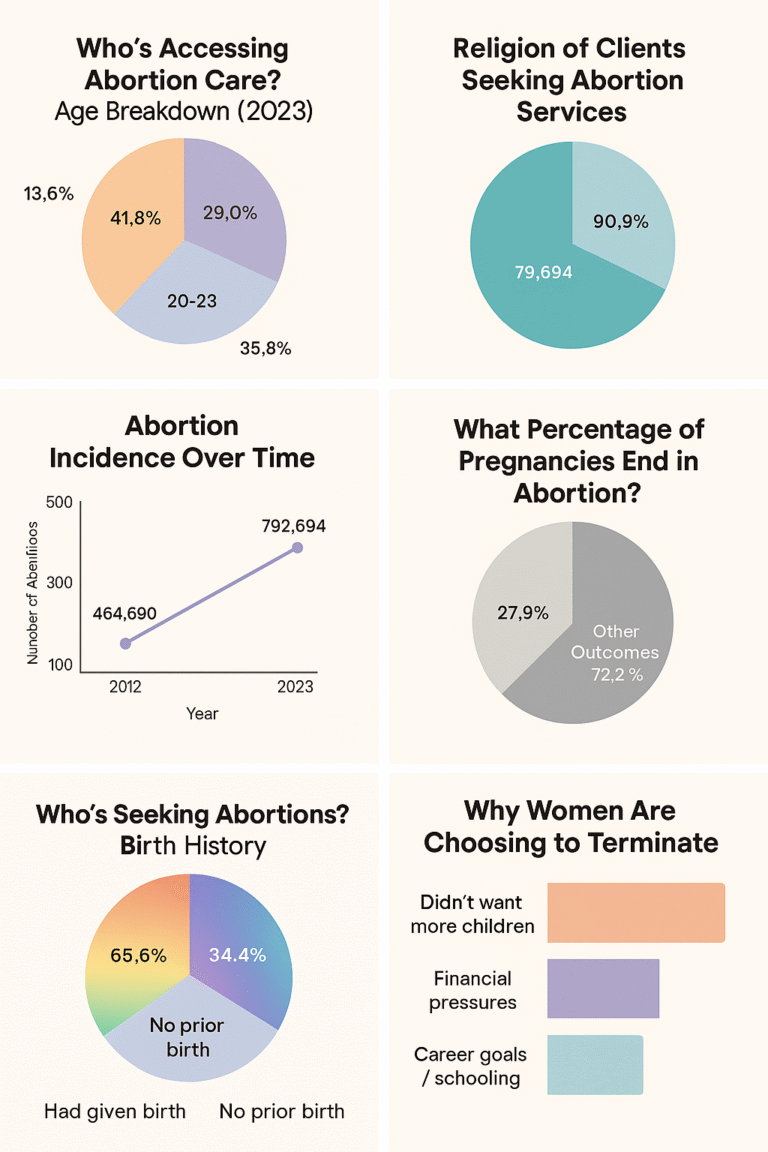#Piasisi -Navigating Abortion and LBQT+ Inclusivity
Hey there, fabulous folks! Let’s dive into a topic that’s as complex as it is crucial: Abortion. We’re going to unpack the ins and outs of what abortion really is, debunk some myths floating around, and shine a spotlight on why it’s absolutely vital to ensure access to reproductive healthcare for everyone, especially Queer Folks.

First off, what exactly is abortion? It’s like hitting the reset button on a pregnancy. Whether it’s through medication or a surgical procedure, abortion allows individuals to take control of their reproductive health and make choices that are best for them. And guess what? There’s nothing shameful or scandalous about it. It’s a personal decision that deserves respect and support.
Now, let’s tackle some myths and misconceptions, shall we? One big misconception is the idea of fetal personhood. Some folks argue that a fetus should have rights over the person carrying it. But here’s the tea: until a fetus is viable outside the womb, it’s basically just tissues that are a work in progress. The rights and autonomy of the person carrying the fetus should always come first. It’s about bodily autonomy, plain and simple.
But hold on, it’s not all rainbows and sunshine when it comes to accessing abortion care, especially for us LBQT+ persons. Research shows that queer, trans, and non-binary folks face unique challenges in accessing reproductive healthcare. From biased treatment to outright discrimination, the struggle is real. That’s why it’s crucial to improve the accessibility and quality of abortion care for everyone, regardless of gender identity or sexual orientation.
These myths and misconceptions associated with abortion and queer folks play a role in influencing the decision in seeking information as well as procuring an abortion here are some, and we have gone a step further to debunk them so that we all stay informed:
- Myth: Queer individuals don’t get pregnant.
Reality: Queer people can and do become pregnant through various means, including sexual activity, assisted reproductive technologies, and non-traditional family planning methods.
- Myth: Abortion is only a concern for Heterosexual CIS women and girls.
Reality: Abortion is a reproductive healthcare issue that affects people of all sexual orientations and gender identities. LBTQ+ individuals may face unique challenges and considerations when seeking abortion care.
- Myth: LBTQ+ individuals don’t face barriers to accessing abortion care.
Reality: LBTQ+ individuals often encounter systemic barriers, including discrimination and lack of culturally competent healthcare providers, when accessing reproductive healthcare services, including abortion.
- Myth: LBTQ+ individuals don’t experience unintended pregnancies.
Reality: LBTQ+ individuals, including transgender and non-binary people, may experience unintended pregnancies due to factors such as contraceptive failures, sexual assault, or lack of access to comprehensive sexual education and healthcare.
- Myth: LBTQ+ individuals don’t need abortion care because they can’t or won’t parent.
Reality: LBTQ+ individuals, like anyone else, may choose abortion for a variety of reasons, including personal, financial, or health-related considerations. Abortion is a valid option for anyone that is pregnant, regardless of sexual orientation or gender identity. Queer persons also desire to be parents and therefore require the right information and services to ensure this.
Let’s break it down with some harder facts. According to research by Ajorg.org, queer and gender-expansive individuals are more likely to prefer self-managed medication abortion because it’s seen as less invasive and more private. And you know what? That preference should be respected and supported every step of the way. Abortion rights and LBTQ+ rights intersect within the larger scope of reproductive justice and the struggle for bodily autonomy. At their core, both issues revolve around the essential freedom to control one’s body and affirm one’s personal identity without prejudice or intrusion. This encompasses acknowledging and addressing systemic injustices and obstacles that unfairly burden marginalized groups.
So, what can we do to make abortion care more inclusive? For healthcare providers, it starts with simple yet impactful changes like using gender-neutral language, adopting gender-affirming intake forms, and providing more support and privacy throughout the process. It’s all about creating a safe and welcoming environment where everyone feels seen and respected.
But hey, it’s not just up to healthcare providers. We all play a role in supporting our rainbow fam who may be seeking or have undergone an abortion. Whether it’s offering a listening ear, advocating for policy changes, or simply being a supportive ally, there are plenty of ways to show up for our community.
Now, let’s talk about home, Kenya. Did you know that abortion is still heavily restricted and criminalized here? Yep, you heard that right. The Penal Code in Kenya prohibits abortion unless it’s necessary to save the life of the mother. This draconian law not only puts people’s lives at risk but also perpetuates stigma and shame around abortion. Hence leading to more cases of unsafe abortion and maternal mortality.
“Shame corrodes the very part of us that believes we are capable of change”
A quote by Brene Brown summarises the negative effect on progress in inclusive healthcare provision.
In our work with the community, we have made efforts to teach and inform both the community and healthcare service providers on the rights they have as well as the various sections of the constitution that allow us to access Safe abortion services. Some of these rights and freedoms according to the Kenyan Constitution that partially permit abortion are:
Article 26(iv) states that Abortion is not permitted unless, in the opinion of a trained health professional, there is a need for emergency treatment, or the life or health of the mother is in danger, or if permitted by any other written law
Article 43 (1a) ensures that we all have the right to the highest standard of health- Health here being described as Mental, Physical. Psychological, Social and Familial Wellbeing.
It’s high time we advocate for change. Decriminalizing abortion in Kenya is not just about legality; it’s about justice, compassion, and respect for human rights. Everyone deserves access to safe and legal abortion care, no matter where they live or who they love.
There you have it, folks. Abortion is a complex issue, but it demands our attention and action. Let’s debunk the myths, break down the barriers, and ensure that everyone has the right to make choices about their bodies and futures. Together, we can create a world where reproductive justice is a reality for all.



